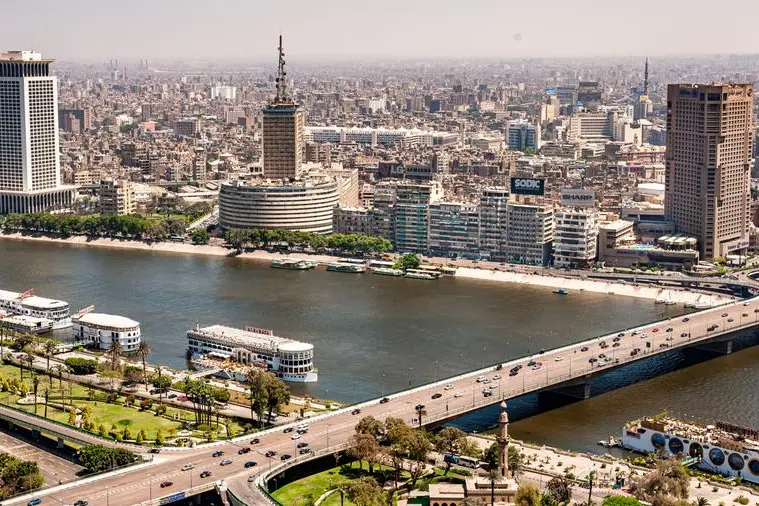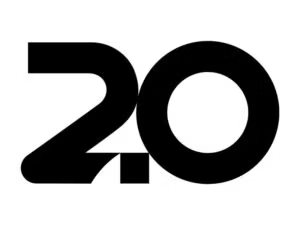Egypt may face a slowdown in foreign direct investment (FDI) due to newly imposed U.S. tariffs and weakening global trade, but upcoming inflows from Gulf states could help the country manage its external financing needs over the next two years, according to the National Bank of Kuwait (NBK).
The bank estimates Egypt will face an external funding gap of $10 billion to $12 billion in 2025 and 2026, but noted that Gulf Cooperation Council (GCC) nations are poised to step in with fresh investments. Following the United Arab Emirates’ landmark $35 billion Ras El Hekma deal last year, additional inflows are expected from Qatar and Kuwait.
“Qatar is working towards a $7.5 billion [fresh FDI] investment into Egypt,” NBK said. “While reportedly, Kuwait could convert its current deposits ($4 billion) at the Central Bank of Egypt into EGP investments.”
NBK highlighted that if these investments materialize—particularly in sectors like real estate—they could significantly improve the net foreign asset position of Egypt’s banking system and reinforce confidence in the country’s external financing landscape.
The bank also pointed out a positive trend in Egypt’s external debt obligations. Scheduled debt repayments are expected to decline to $14 billion in the fiscal year 2026/2027, and further down to $10 billion in subsequent years. This marks a notable easing from previous years when maturing external debt stood at around $30 billion annually.
While the outlook on Gulf support remains encouraging, the new U.S. tariffs may still slow FDI, especially in energy-related sectors, NBK warned. Additionally, the global trade downturn is likely to impact revenues from the Suez Canal, a key source of foreign currency for Egypt.
Despite the challenges, FDI inflows into Egypt have surged. During the first nine months of the 2023/2024 fiscal year, Egypt attracted $23.7 billion in FDI—up sharply from $7.9 billion in the same period a year earlier. A significant portion of this came from the UAE, bolstered by the Ras El Hekma deal.
NBK suggests that continued Gulf investment could help buffer Egypt against rising global economic headwinds while reinforcing its financial resilience in the near term.






